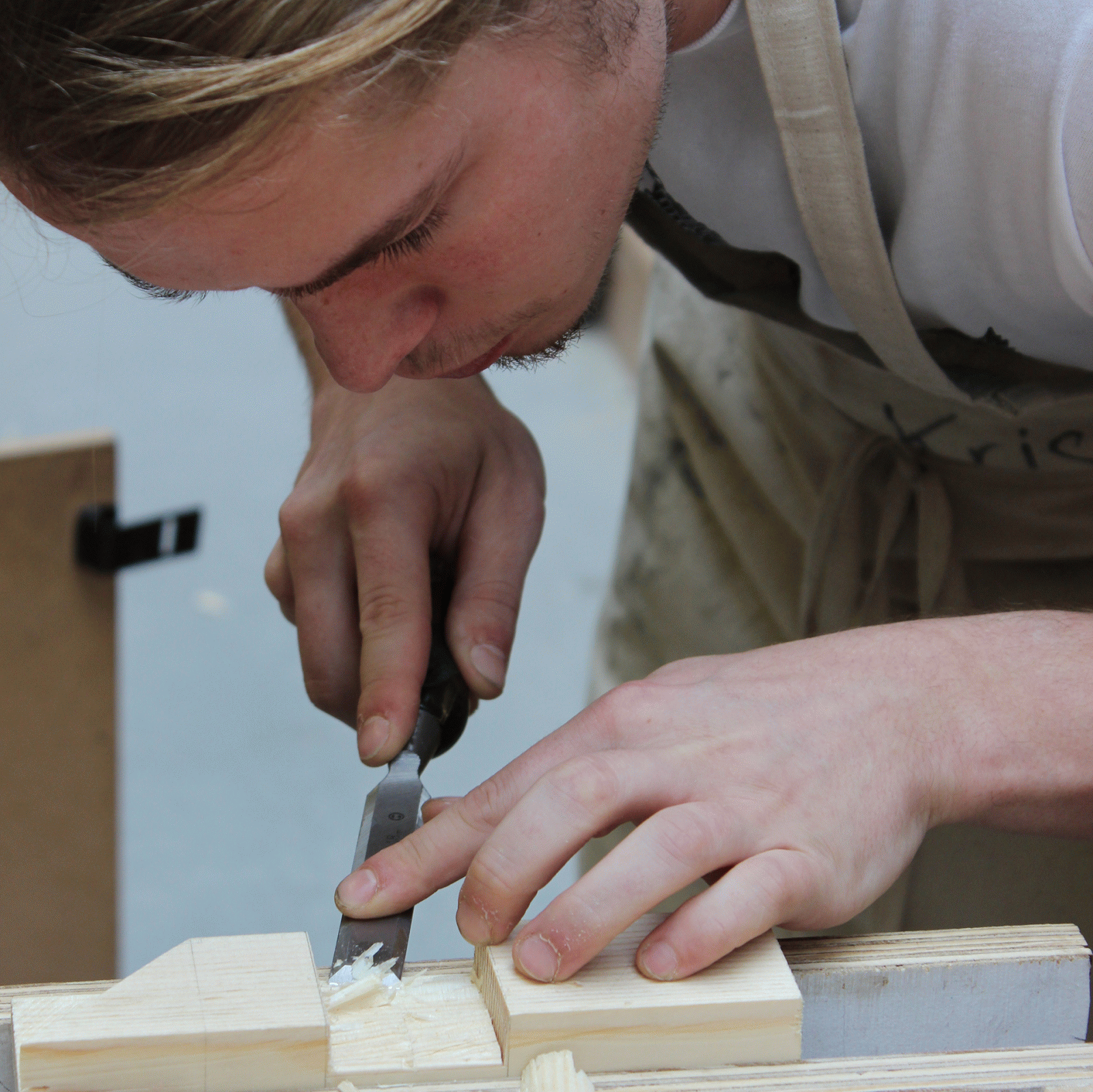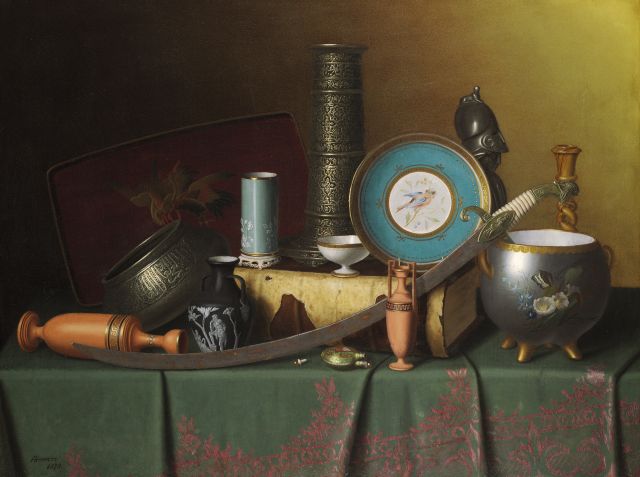Abendvortrag
Trevor H. J. Marchand: Craft: a Polythetic Category
organized by the Max-Planck-Research Group "Objects in the Contact Zone – The cross-cultural Lives of Things"

The meaning of craft, and its status, has fluctuated over the centuries in relation to the "fine arts", and in relation to current social politics, economics, and changing public attitudes toward education and vocational training. Remarking on the persistence of craft's "not quite art" status, one contemporary scholar provocatively labelled craft "the second sex": 'marginalised, trivialised, feminised, it is undermined by connotations of domesticity' (McKintyre, 2002). Craft has also been variously described by researchers and practitioners as directly related to the "functionality" of its products; as skilled handwork; as the combined mastery of materials, tools, and techniques; as a secret or inarticulable kind of embodied knowledge; as an expression of ethical conduct; and as a vehicle of social resistance to modernity and mass production. This paper will consider the multiple and sometimes-competing definitions attributed to craft, and it will propose instead that craft be regarded as a polythetic category. The paper will argue, however, that there is one activity that has consistently underpinned craft across time and space: namely problem-solving. An exploration of problem solving as it is manifested in very different kinds of craftwork will conclude the presentation.
Professor Trevor H. J. Marchand
After completing studies in architecture (McGill 1992), Professor Marchand was supported by an award from the Canadian International Development Agency to conduct field research on the mud-brick building practices and decorative styles in the Hausa Emirate of Zaria, Northern Nigeria. This study promoted the development of an anthropological approach to his core interests in architecture, building-craft knowledge and apprenticeship. His subsequent PhD in anthropology (SOAS 1999) included a lengthy apprenticeship with minaret builders in San'a, Yemen, and resulted in a first monograph “Minaret Building & Apprenticeship in Yemen” (2001).
Later, as a SOAS Lecturer, he resumed research with West African masons, this time working as a labourer and apprentice in Djenné, Mali (2001-2005) and supported by a grant from the British Academy. This produced a second monograph "The Masons of Djenné" (2009), winner of the Elliot P. Skinner Award from the Association for Africanist Anthropology, the 2010 Melville J. Herskovits Award from the African Studies Association, and the Amaury Talbot Prize for African Anthropology from the Royal Anthropological Institute.
His work with Djenné's masons also resulted in a co-edited special issue of the journal Africa titled Knowledge in Practice (with Kai Kresse 2009); a co-produced documentary film The Future of Mud: a tale of houses and lives in Djenné (with Susan Vogel and Samuel Sidibe, 2007); and a London public lecture series and photographic exhibition, Djenné: African City of Mud, at the Royal Institute of British Architects(2010). More current research with Djenné masons has resulted in a second documentary film Masons of Djenné (2013) and a long-term exhibition, Mud Masons of Mali, in the Africa Focus Gallery of the Smithsonian Institution's National Museum of Natural History (co-curated with Mary Jo Arnoldi, 2013 onward).
In 2005 Prof. Marchand was awarded a three-year ESRC Fellowship to study craft knowledge and vocational training with carpenters and furniture makers in England (RES 000-27-0159). Again, he employed an apprentice-style field method to investigate skill-based learning and practice, and he documented social relations, professional aspirations and economic challenges faced by fellow woodwork trainees at the Building Crafts College in Stratford, East London, and by established furniture makers around the country. This produced an in-depth ethnographic study of English fine woodworkers (The Pursuit of Pleasurable Work, monograph in preparation), and a unique cross-cultural comparative analysis with craftspeople in Arabia and Africa. Equally important, the study also allowed Prof. Marchand to advance a theory of embodied cognition and communication grounded in Dynamic Syntax theory (Ruth Kempson et al.) and cutting-edge research in the neurosciences. A lecture series and a workshop on 'learning and knowledge' were organised during the Fellowship, resulting in a special issue of the Journal of the Royal Anthropological Institute on Making Knowledge (2010).
In 2013 Prof. Marchand took up a twelve-month British Academy mid-Career Fellowship to continue studies with woodworkers, this time focusing on the complex relation between the human brain, hands and tools, as well as on problem-solving with tools, in practice. Ultimately, his research with craftspeople aims to expand popular definitions of 'knowledge' and promote greater appreciation for skilled work.
12. Mai 2015
Kunsthistorisches Institut in Florenz
Max-Planck-Institut
Palazzo Grifoni Budini Gattai
Via dei Servi 51
50122 Firenze
Hinweis
Diese Veranstaltung wird durch Fotografien und/oder Videoaufnahmen dokumentiert. Falls es nicht Ihre Zustimmung findet, dass das Kunsthistorische Institut in Florenz Aufnahmen, auf denen Sie erkennbar abgebildet sein könnten, für die Veranstaltungsdokumentation und Öffentlichkeitsarbeit (z.B. Social Media) verwendet, bitten wir um eine entsprechende Rückmeldung.



